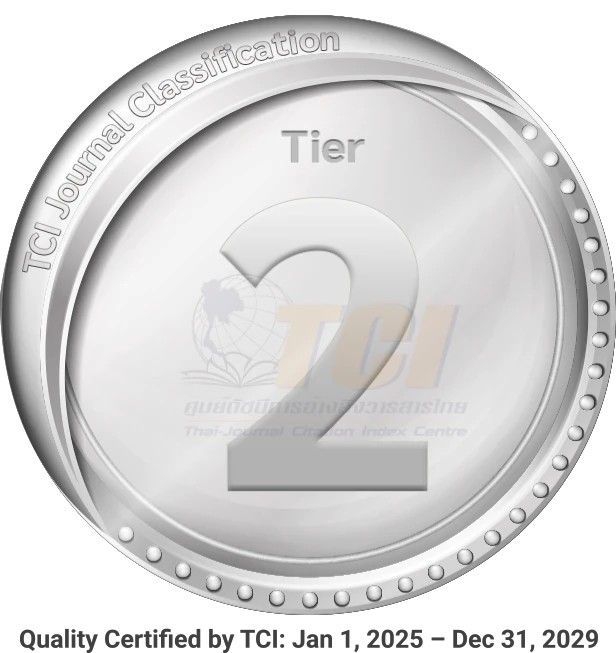Reflections on Digital Learning: Learning Strategies, Environments, and Opportunities
Abstract
The study aimed to explore the Indonesian English Major students’ reflections towards English language learning in the digital era on their preferred learning strategies, supportive learning environments, and choices of learning opportunities. The study comprised 180 students of English Major at an Islamic State College in East Java, Indonesia. The data were collected via the questionnaire and the focus group interview in which 8 students volunteered to participate. The quantitative data were analyzed using descriptive statistics to reveal the frequencies and mean scores of the students’ preferred learning strategy use and to identify the supportive learning environments and choices of opportunities that would facilitate their learning. The interviewed qualitative data were analyzed using content analysis to derive at a set of themes and examined students’ perceptions of learning strategies, learning environments, and learning pportunities. The results from the questionnaire analysis revealed that the students often used the ICTs and Internet in learning English. They frequently employed learning strategies ( ̄x=3.86), used learning environments (x̄ =3.86), and learning opportunities (x̄ =3.67). The focus group interview revealed that for learning strategies, the majority of the students in the study preferred to employ the socio-virtual strategies, while the rest employed Internet-based resource strategies, interpersonal online strategies, and digital tool strategies. For the supportive learning environments, many of them selected innovative teachers’ skills,
while the rest favored using high speed Internet connection and digital multimedia. For the choices of opportunities, more than one-half of the students preferred to have accessible digital learning opportunities, followed by online interactions, teachers’ encouragements, and learning understanding. The students’ reflections showed the roles of teachers and students have remarkably changed in that the teachers no longer have direct control of the teaching process and they acted more as the learning process facilitators.



